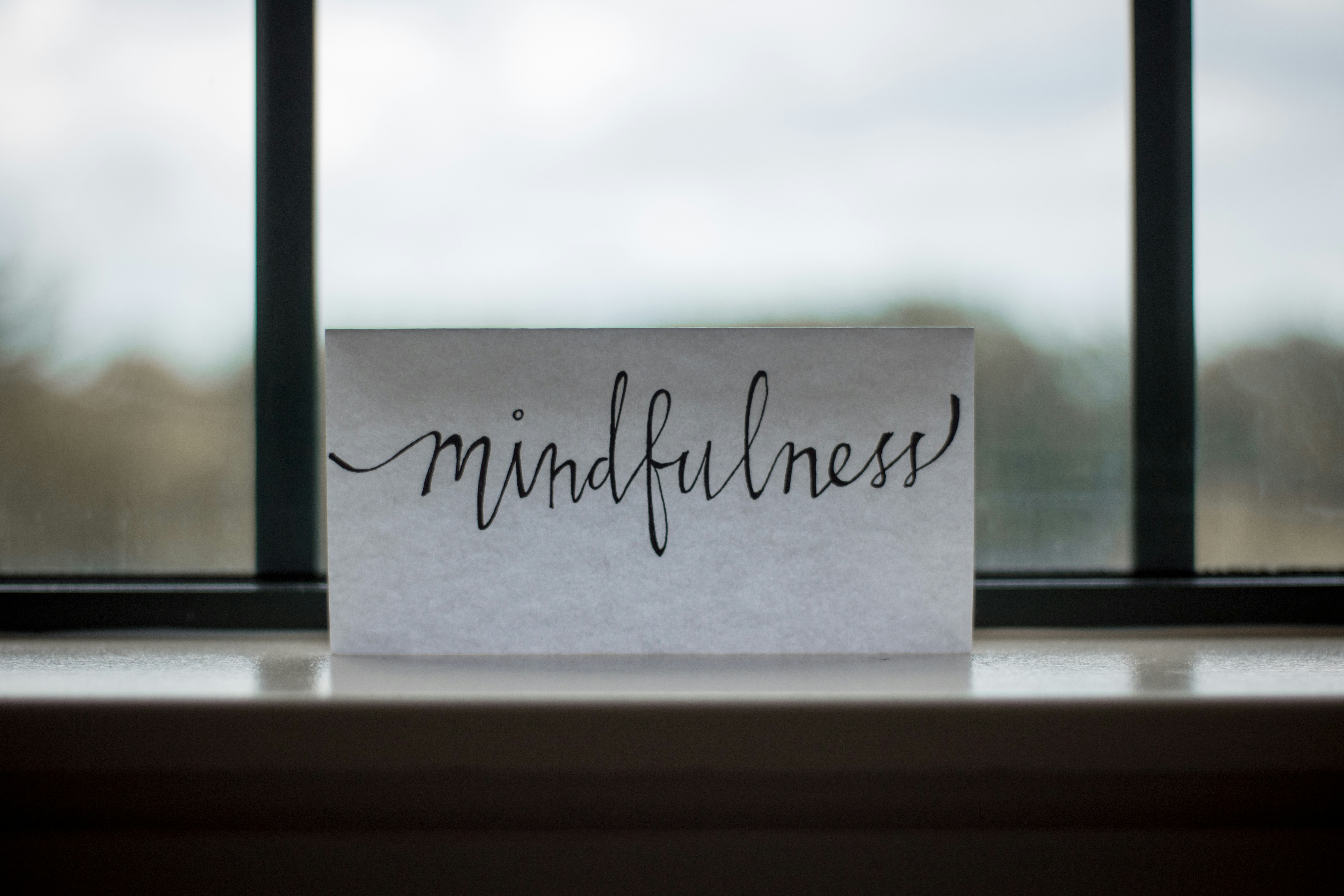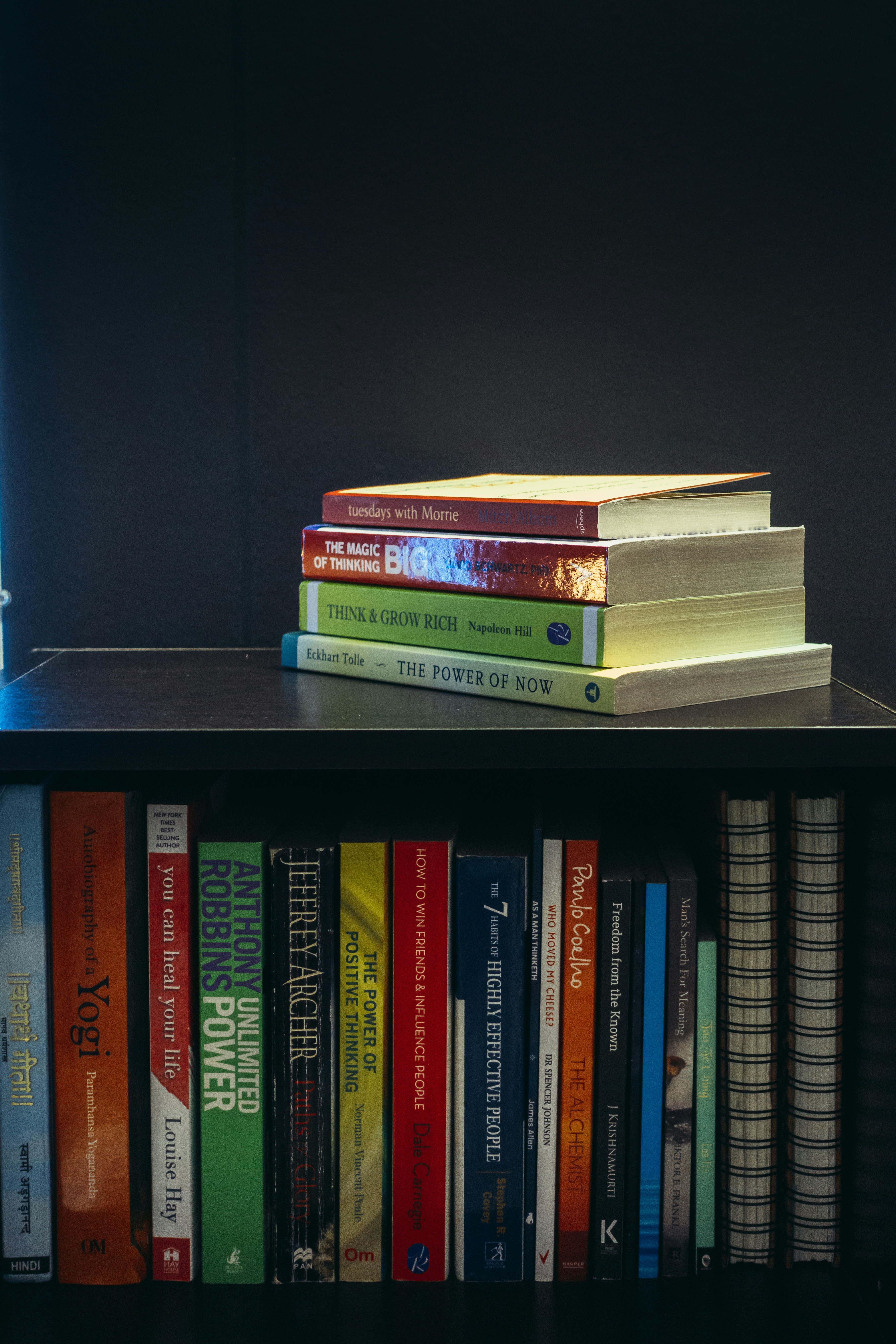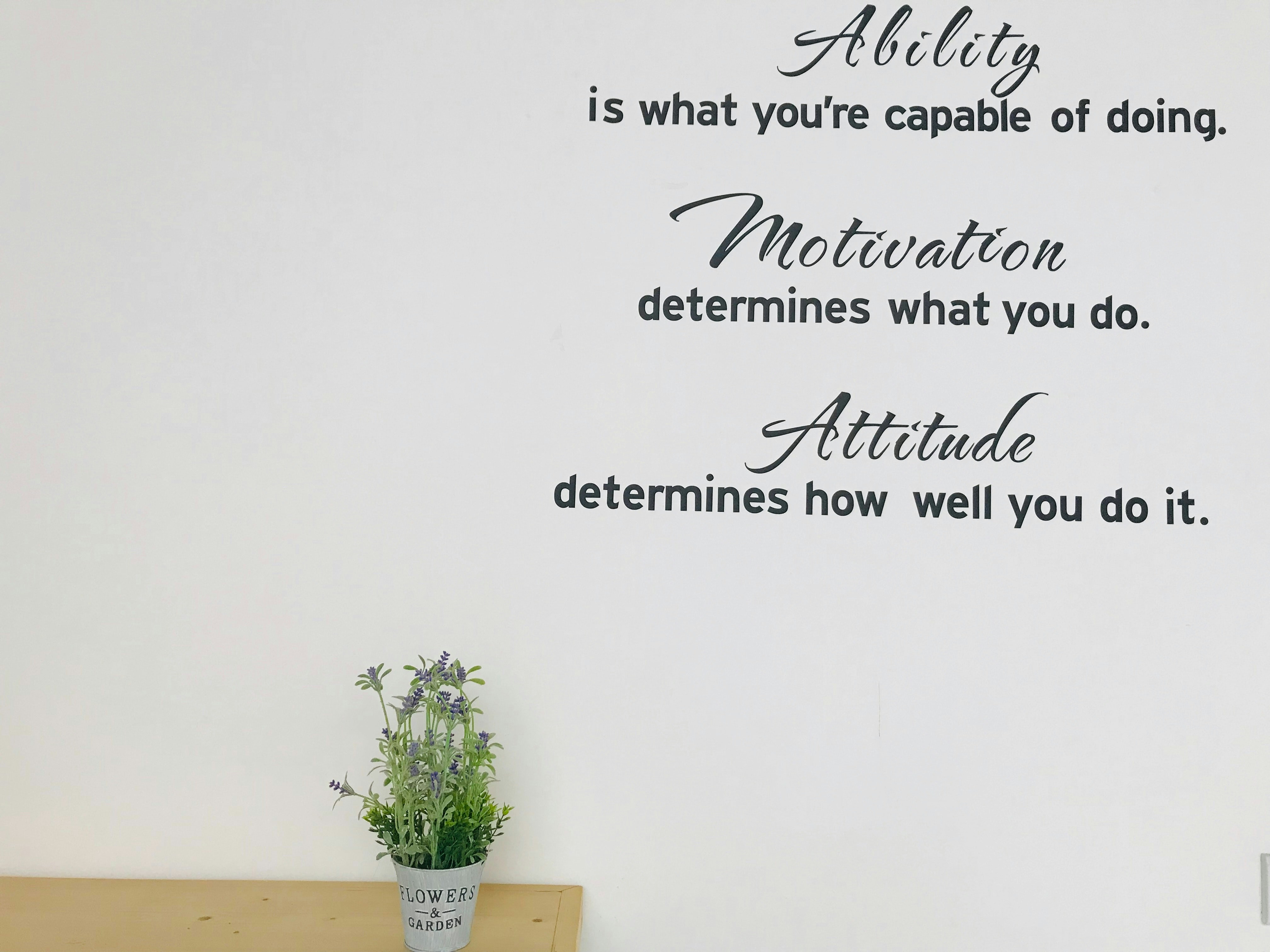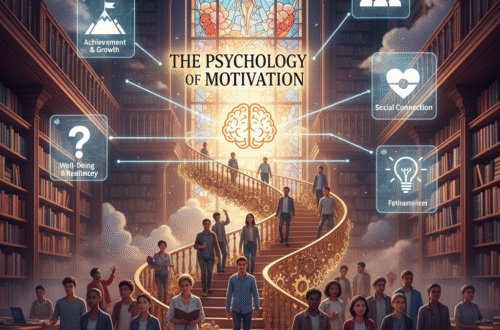Understanding Mindfulness and Its Importance
Mindfulness is a mental practice that involves focusing one’s attention on the present moment while acknowledging and accepting one’s thoughts, feelings, and sensations without judgment. This approach has gained significant traction in recent years, especially in a world characterized by rapid technological advancements and constant interruptions. As distractions become more prevalent, the importance of mindfulness becomes even more pronounced.
By cultivating mindfulness, individuals can foster greater self-awareness, which is essential for improving focus and enhancing mental clarity. Engaging in mindfulness practices encourages a deliberate interaction with one’s thoughts, allowing people to recognize fleeting distractions and redirect their attention more effectively. This practice not only aids in concentrating on tasks at hand but also enhances decision-making capabilities, leading to a more productive and fulfilling life.
The psychological benefits of mindfulness are substantial. Studies have shown that regular mindfulness practice can reduce stress, anxiety, and depression. By teaching individuals to observe their thoughts without getting entangled in them, mindfulness provides a pathway to emotional regulation and resilience. This transformation prevents overwhelming feelings from clouding judgment and inhibits the potential for distractions to disrupt one’s mental state.
Additionally, the physical benefits of mindfulness cannot be overlooked. Mindfulness practices, including meditation and deep breathing exercises, have been linked to lower blood pressure, improved sleep patterns, and even enhanced immune function. As individuals engage their minds and bodies in the practice of mindfulness, they build a robust foundation for holistic health.
In a fast-paced world teeming with potential distractions, understanding the essence of mindfulness is crucial. Developing a mindful approach to life facilitates mental clarity and equips individuals with the tools necessary to navigate their thoughts and external stimuli more effectively.
Techniques to Reduce Distractions
To cultivate mindfulness and enhance mental clarity, implementing effective techniques to reduce distractions is essential. These approaches allow individuals to navigate daily challenges with greater focus and intention. One of the most fundamental techniques is mindful breathing. By taking a few moments to inhale deeply and exhale slowly, individuals can ground themselves in the present moment. This practice not only regulates emotions but also acts as a buffer against the various stimuli vying for attention. Setting aside just a few minutes throughout the day to engage in mindful breathing can significantly reduce feelings of overwhelm.
Meditation is another powerful tool for reducing distractions. Engaging in a daily meditation practice can help train the mind to become more aware of distracting thoughts and external noise. Start with a simple technique such as observing the breath or visualizing a peaceful scene. Gradually, as the practice deepens, individuals may notice a heightened ability to maintain focus on tasks and a reduced tendency to succumb to distractions. Meditation, even in short spans of time, can foster a state of mental clarity that enhances productivity.
Beyond these personal techniques, creating a conducive workspace is crucial. A well-organized and decluttered environment minimizes visual distractions, allowing for sustained concentration. It is advisable to remove unnecessary items from one’s desk and ensure that the workspace is tailored to individual work styles. Additionally, digital distractions pose a significant challenge in today’s world. Setting intentions for specific focus periods, turning off non-essential notifications, and utilizing apps designed to block distracting websites can foster a more focused atmosphere. By actively employing these strategies, individuals can create a distraction-free environment that nurtures mindfulness and supports clarity of thought.
Increasing Mental Clarity with Mindfulness Practices
Mindfulness practices have garnered attention for their role in enhancing mental clarity, enabling individuals to navigate their daily tasks with increased focus and reduced cognitive distractions. By engaging in techniques such as body scans, mindful observation, and gratitude journaling, practitioners can cultivate a clearer mental landscape, leading to enhanced decision-making and problem-solving abilities.
Body scans involve a systematic focus on different parts of the body, heightening awareness of physical sensations and disconnecting from racing thoughts. This practice encourages individuals to tune into their physical state, fostering an environment conducive to improved mental clarity. Similarly, mindful observation encourages individuals to engage with their surroundings in a non-judgmental way, promoting an appreciation for the present moment, which can help reduce mental clutter stemming from distractions.
Gratitude journaling further supports cognitive function by directing attention towards positive experiences, effectively combating negativity biases that can cloud judgment. By regularly documenting moments of appreciation, practitioners enhance their overall outlook, improving their capacity for creative thinking and problem-solving. This practice has been shown in various studies to correlate with increased well-being and cognitive clarity.
Numerous scientific studies affirm the cognitive benefits associated with mindfulness. Research indicates that consistent mindfulness meditation can lead to measurable improvements in attention, stress reduction, and emotional regulation, all contributing factors to enhanced mental clarity. By committing to mindfulness practices, individuals can alleviate mental fog and foster a sharper focus in their daily lives, ultimately improving their overall cognitive performance.
Through the regular application of these mindfulness techniques, individuals will likely experience a profound impact on their ability to think clearly and efficiently, highlighting the transformative power of mindfulness in modern life.
Staying Present: The Key to Long-term Focus
The practice of staying present is an essential element of mindfulness that significantly contributes to long-term focus and mental clarity. By anchoring oneself in the present moment, individuals can better manage distractions and enhance their cognitive functionality. Cultivating the habit of mindfulness can be achieved through various practices, which can be seamlessly integrated into daily life. Mindful eating, for example, serves as an effective way to ground oneself in the moment. By paying close attention to the texture, flavor, and aroma of food, individuals can foster a deeper appreciation for the act of eating while reducing distractions associated with multitasking during meals.
Another effective technique is sensory awareness, where individuals intentionally focus on their surroundings using the five senses. Noticing sights, sounds, smells, tastes, and tactile sensations can heighten awareness and engage the mind more fully. This practice not only aids in staying present but also allows individuals to savor experiences more profoundly, whether they are in a professional meeting or enjoying a leisurely walk. Furthermore, integrating mindfulness into daily routines—such as practicing simple breathing exercises during breaks or performing quick body scans—can help individuals remain anchored in the present moment.
<preflecting a="" activities="" activities.="" additionally,="" allows="" and="" are="" as="" aside="" become="" better="" both="" can="" clarity="" completion.="" contribute="" conversations="" daily="" decision-making="" dedicated="" distractions="" effects="" efficient="" efforts,="" encouraged="" engaged="" engagement="" enhance="" enhanced="" focus="" for="" fosters="" guided="" impact="" in="" increased="" individuals="" interactions,="" its="" journaling="" lead="" life.





